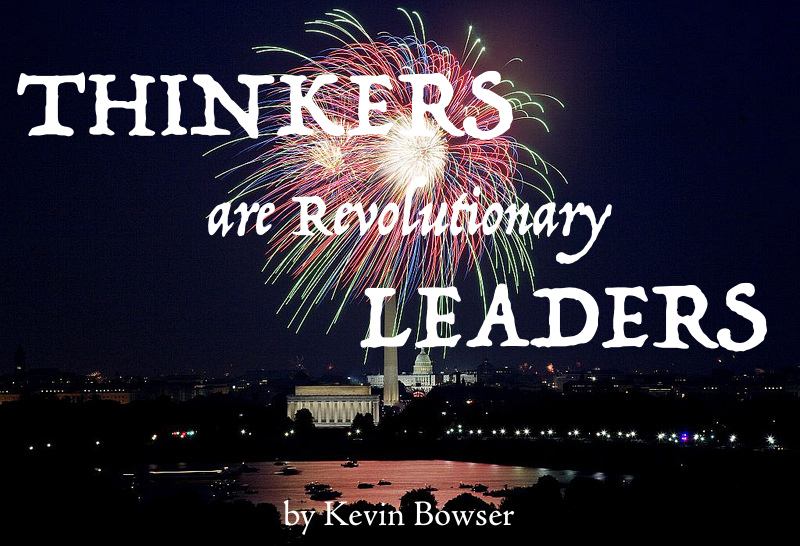
The French seem to always be in possession of le mot juste (the right word). They indeed have a phrase for the moment following a tense or embarrassing incident that happens to those who are not gifted with a quick wit:
“l’esprit de l’escalier”
Translated, it means “the wit of the staircase”. Or, more clearly as it relates to a situation where you only come up with a witty response to a verbal challenge or situation after you’ve turned on your heel and left the scene.
According to Wikipedia, it is the name for the phenomenon that comes from French philosopher Denis Diderot’s description of such an occurrence. At some point during a dinner at the home of statesman Jacques Necker, according to history, a remark was made to Diderot which left him speechless at the time. In French he says, “l’homme sensible, comme moi, tout entier à ce qu’on lui objecte, perd la tête et ne se retrouve qu’au bas de l’escalier.”
Translated into English it means, “a sensitive man, such as myself, overwhelmed by the argument leveled against him, becomes confused and can only think clearly again [when he reaches] the bottom of the stairs”.
I can relate to that feeling, can’t you?
In this case, “the bottom of the stairs” refers only to the architecture of the kind of hôtel particulier or stately home to which Diderot had been invited. Obviously the reception rooms were located on an upper level or at least one floor above the ground floor. Therefore, to have reached the bottom of the stairs means definitively to have left the gathering and left the awkward or embarrassing exchange that had just occurred.
But I think that there is much more to this than just an architectural consideration.
Click here to read the rest of the article »
Caring is sharing. Will you please share this with your network?











